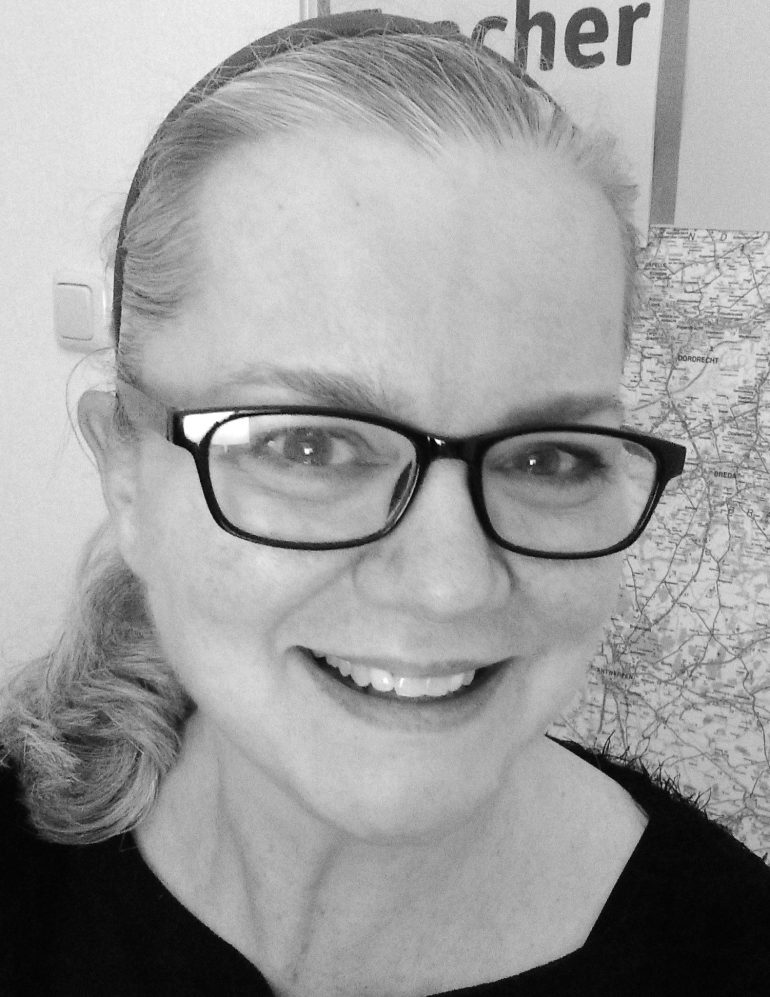Well, my original intent was to write this column on the Friday night before the Eurovision 2024 final and to write about how Joost Klein’s infectious unofficial European anthem, “Europapa”, was the perfect Eurovision song and the perfect song for Europe on the eve of the EU elections in June. ‘The kind of vibe that we all need right now,’ was going to be my closing sentence. I planned to send it off before the finals even started, as if to send my hopes of another Dutch win into the ether … it was going to be perfect!
Well, until it wasn’t. As we’ve all heard by now, the adorably silly, festival crowd-pleasing, EU-blue clad Dutch contestant was disqualified for … uh, I don’t even want to get into the reason why. (That’s for another discussion perhaps. OK, I digress. Back to my updated column …) The news hit me, as I suppose it did for most people, like ‘Ugh, not at Eurovision’, and it only seemed to exacerbate the other controversies that were swirling around the annual song festival and contest.
The inclusion of Israel in the festival this year, despite Russia’s exclusion since its invasion of Ukraine in 2022 generated a fervour and calls of double standards at the EBU, the European Broadcasting Company which organizes the song festival. Their inclusion also sparked large protests throughout the Swedish host city, Malmö, that drew in thousands of people including the climate activist Greta Thunberg. It seemed as though the controversies were kept at bay, outside the arena. Until they weren’t.
Still, during various points in the festival, the subject came up, including during the final dress rehearsal when the French contestant, Slimane, stopped during his song to give a short speech about “love and peace”. And Irish contestant Bambie Thug lodged a complaint against a broadcaster for breaking the rules of conduct (apparently the broadcaster commented on the darkness of their performance, calling it a scary performance filled with ‘a lot of spells and black magic and dark clothing, Satanic symbols, and voodoo dolls’). The fact that the broadcaster was from Israel didn’t help the controversial vibes that were already swirling at the Festival.
Many (most?) people were lamenting that the song festival and music should be unifying and not political. I agree with the unifying part. Music and all other art forms (and athletics, food and nature) are unifying entities that bring people together and celebrate differences in each other and our cultures. But to say that the song festival – or any other common thread among us – shouldn’t be political is a bit misleading.
First, if by “politics” we mean that the powerhouse producers of the show should not be influencing the extravaganza, nor letting outside current events shape what the final production looks like, then yes, there’s no place for those kinds of politics at Eurovision. But if we mean having current events influence how artists, the audience and viewers express themselves, then “politics” may not be the right word.
We all know what people mean. There’s no place for geopolitics to create division in music or at the Festival. But the reality is that, as much as we’d like to have small havens here and there where we can escape ‘all that’s going on in the world right now’, we do need to realize that there are injustices going on in the world and we should not turn away from them, but face them – together, as a global society.
I know that sounds like a tall order, but if the Eurovision Song Festival – seemingly a symbol of unity and togetherness – can show the cracks in our unified global society, then perhaps it’s a reminder that we still have work to do. We can use this and all artistic and other common thread platforms not just for entertainment, but as catalysts for positive change in ourselves and in our world. Then we can truly embody the spirit of unity and togetherness that the Eurovision Song Festival has always represented.
Written by Marla Thomson
